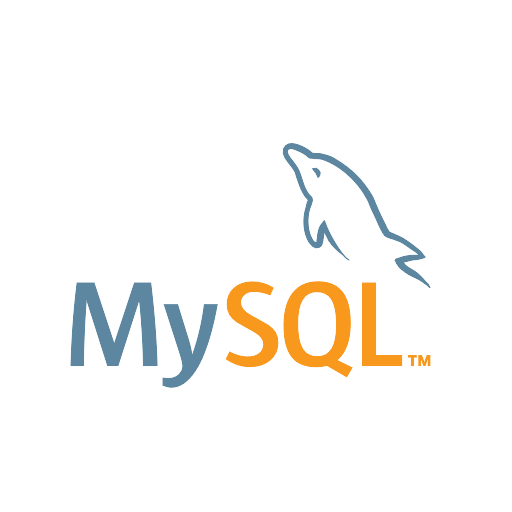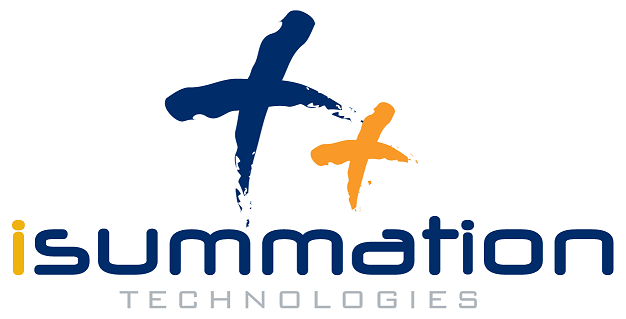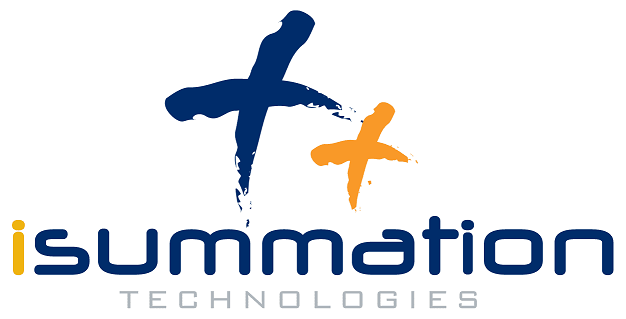MySQL Database
Any discussion about Big Data, its ecosystem and databases is incomplete without mentioning MySQL. It is arguably the most popular database technology. It is used across industries and IT personnel especially those who are involved in enterprise data must be familiar with MySQL. The beauty of MySQL is how with MySQL hosting solutions people who are new to relational database systems can create powerful and secure data storage systems fast.
About MySQL:

Oracle developed the RDBMS (relational database management system) MySQL based on the SQL (structured query language).
Databases are essentially structured collections of data. A database can something as simple as a shopping list or picture gallery. On the other hand, databases can be as complicated as storing massive amounts of business and related information in enterprise-level corporate networks. A relational database organizes the collected data following relational systems or models. A relational database consists of a table with row and columns witch strict logical structures in place todefine the relationships
between data elements. The RDBMS itself is the set of software tools that help in implementing, managing and querying such table databases.
Most of the popular software stacks include a MySQL part. Software stacks are the broad tech combinations that are used to create consumer facing web apps to data intensive, powerful B2B services. Developers have used MySQL as the database backend for some of the mainstays of common internet usage like Facebook, Twitter, Flickr, Wikipedia and even YouTube and leading accordingly webhosts provide MySQL hosting.
What are the features of MySQL?
Open-Source
You can download, use and even modify the open-source MySQL. Not only is the software toolset free but it is quite easy to understand and use as well. Developers can study the MySQL source code and can change them to meet the requirements of projects.
Quick and Reliable
Memory data storage is exceptionally efficient with MySQL which in turn makes sure that stored data is consistent instead of being redundant. MySQL makes data access and manipulation quick and fast.
Scalable
Scalable software solutions work just as well with large data volumes as they do with smaller data chunks and machine clusters. Oracle developed MySQL keeping in mind the needs of large databases, making it highly scalable.
Data Types
MySQL can store multiple data types. Such data types include:
- Signed integers
- Unsigned integers
- Double
- Float
- Character
- Variable character
- Text
- Date
- Time
- Blob
- Timestamp
- Datetime
- And year
amongst others.
Character Sets
MySQL services even supports a diverse range of character sets like Unicode, latin1 (cp1252 character encoding, Ujis and German amongst others.
Secure
MySQL provides a secure database interface using a flexible, password-based system. The password is verified on a host-basis before being granted access to the database. The password itself stays encrypted while it connects with the server.
Support for large databases
MySQL supports large databases with 150,000 to 200,000 tables, up to 5,000,000,000 rows and 40 to 50 million records.
Client and Utility Programs
When you are starting a MySQL server you also get access to a number of client and utility database software tools. You can use both graphical interfaces like MySQL Workbench and command line tools like mysqladmin. Developers can use a range of programming languages to create MySQL client programs. They can create client libraries in both C and C++, and clients with C bindings can use them.
When to use MySQL?
When to use MySQL?
MySQL works especially well if you are storing application data, more so if it is web application data that we are talking about. Not to mention the suitability of MySQL for relational database needs with data stored across tables. Another common use case is for apps that have a high number of multi-row transactions.
MySQL is a proven solution for social networking apps, government applications, data warehousing ecommerce websites and logging applications.
Low availability of resources
MySQL allows 24/7 uptime, master/slave replication configurations and specialized cluster services. This makes it possible for organizations to receive enterprise-level support. The breadth and depth for MySQL reduces ownership costs resulting minimal troubleshooting time other than saving on resources for addressing performance issues.

